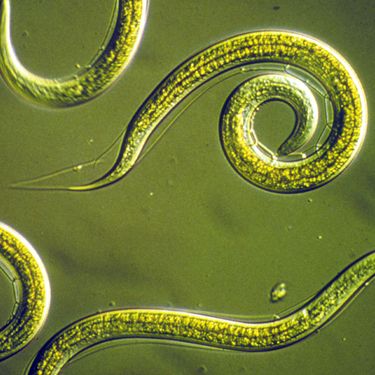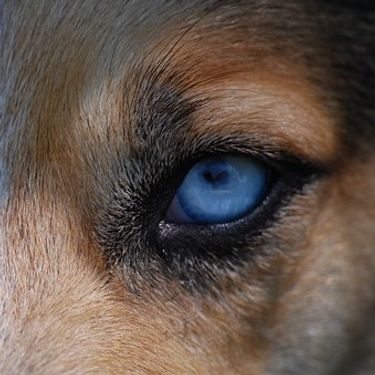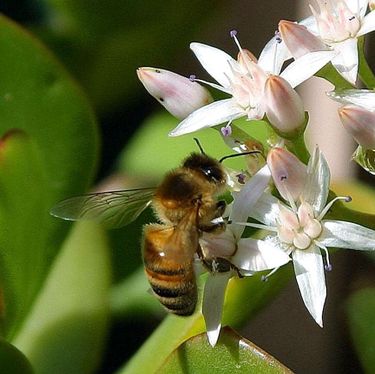
Hendricks Lab | McGill Biology
We study the neurobiology and behaviour of a small roundworm called Caenorhabditis elegans. Why study worms? Sometimes complex questions need to be broken down into simpler cases. Reductionism is not sufficient on its own, but it is necessary for fundamental understanding, and it works because all animals are built out of the same basic components. C. elegans develop quickly and reproduce clonally, and they are the only animal with a completely mapped nervous system (visualised at left). Thus, we can perform experiments using genetically and anatomically identical animals, allowing us to ask detailed questions about the genetic and environmental factors that cause changes in brain function and behaviour. Many key features of animal neurobiology were first discovered in organisms like worms, flies, slugs, and squid. Our understanding of human health and disease is continuously built on fundamental biological discoveries like these. Lab web site
We study the neurobiology and behaviour of a small roundworm called Caenorhabditis elegans. Why study worms? Sometimes complex questions need to be broken down into simpler cases. Reductionism is not sufficient on its own, but it is necessary for fundamental understanding, and it works because all animals are built out of the same basic components. C. elegans develop quickly and reproduce clonally, and they are the only animal with a completely mapped nervous system (visualised at left). Thus, we can perform experiments using genetically and anatomically identical animals, allowing us to ask detailed questions about the genetic and environmental factors that cause changes in brain function and behaviour. Many key features of animal neurobiology were first discovered in organisms like worms, flies, slugs, and squid. Our understanding of human health and disease is continuously built on fundamental biological discoveries like these. Lab web site
Sessions auxquelles Michael Hendricks participe
Mercredi 27 Juin, 2018
Fuseau horaire: (GMT-05:00) Eastern Time (US & Canada)
2:00 PM
2:00 PM -
3:30 PM |
1 heure 30 minutes
VIDEO OF P...
4:00 PM
4:00 PM -
5:30 PM |
1 heure 30 minutes
7:30 PM
7:30 PM -
9:30 PM |
2 heures
VIDEO OF PRESENTATION...
Mardi 3 Juillet, 2018
Fuseau horaire: (GMT-05:00) Eastern Time (US & Canada)
2:00 PM
2:00 PM -
3:30 PM |
1 heure 30 minutes
Jeudi 5 Juillet, 2018
Fuseau horaire: (GMT-05:00) Eastern Time (US & Canada)
9:00 AM
9:00 AM -
10:30 AM |
1 heure 30 minutes


